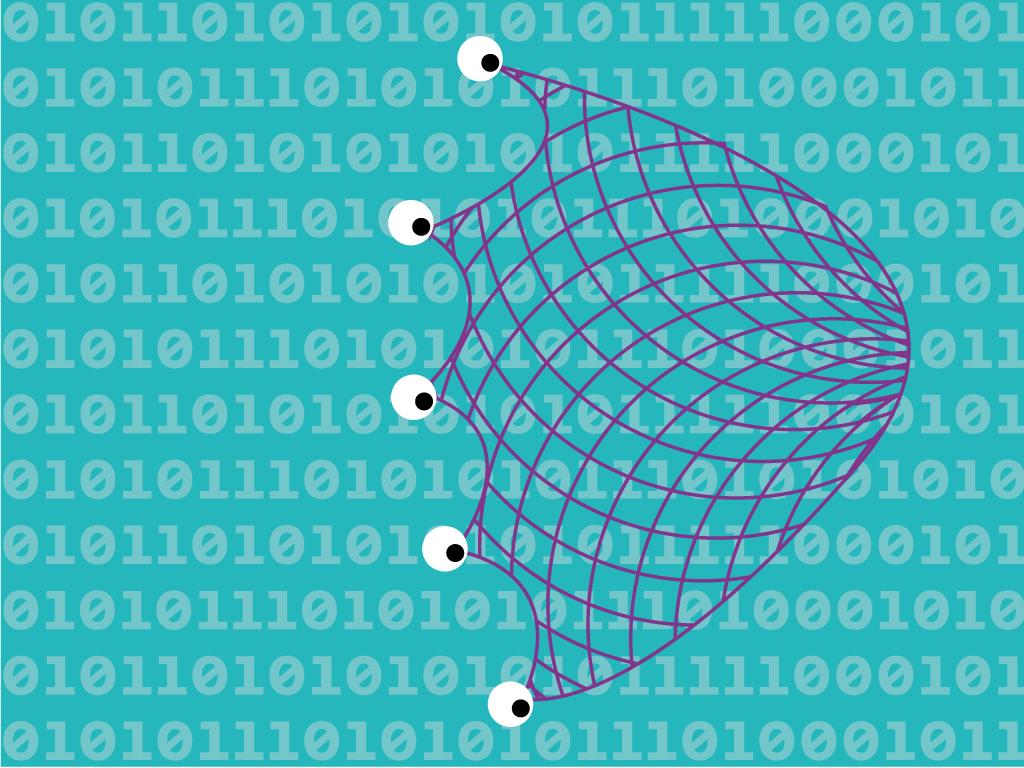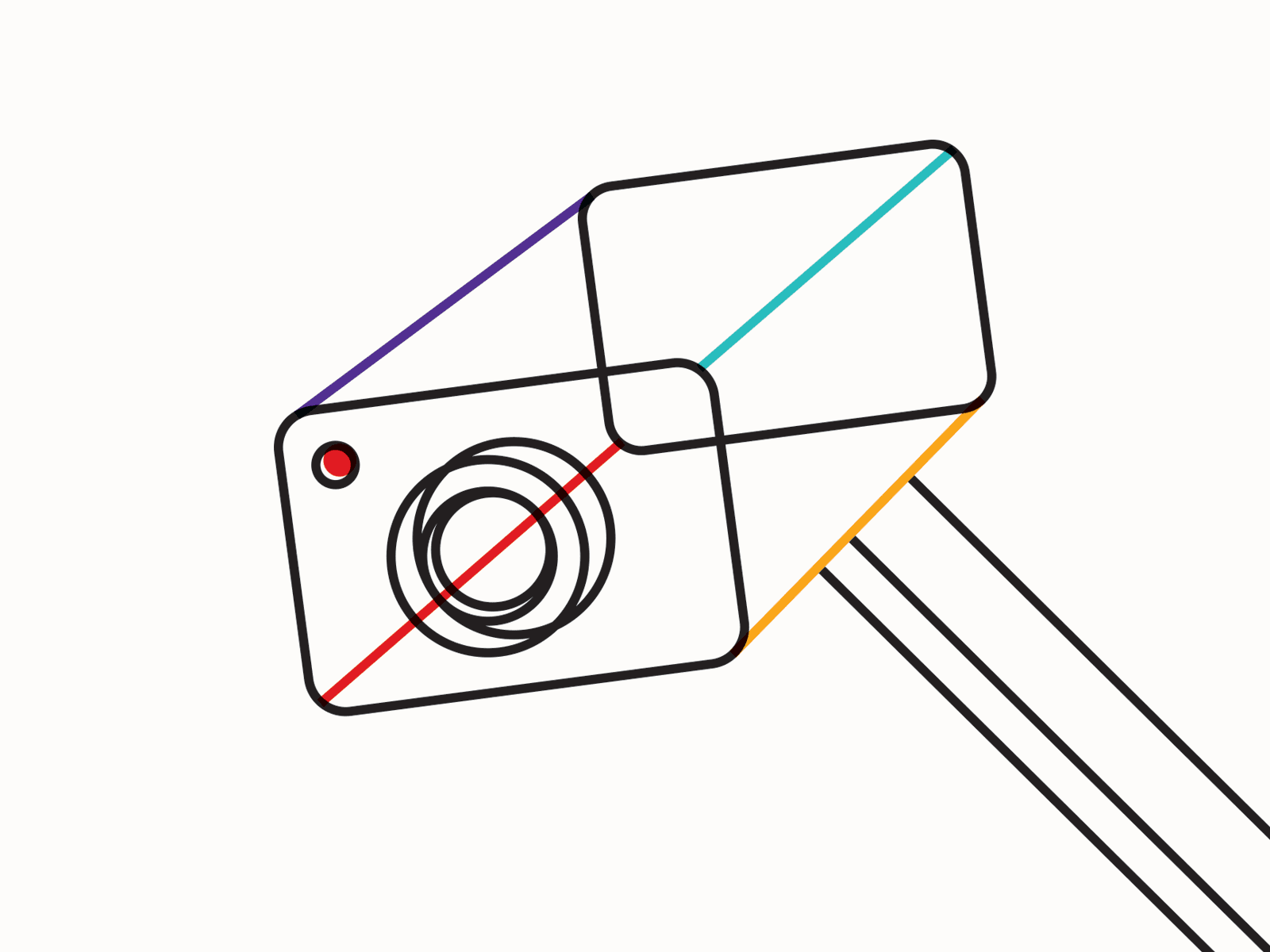DO worry, be happy! - New Dutch ‘tapping law’ limits freedom of speech
In this blog series 'DO worry, be happy!', we talk to experts in the field of technology, innovation and ethics about new developments. In the wake of current events, we ask them to explain why they are worried about how technology will shape the future. But don’t be afraid, we are also looking for ways to take over the direction that technology is taking us. So DO worry, but be happy!
The reason
Earlier this year, the Dutch senate passed a new ‘tapping law’, giving intelligence agencies the ability to tap large amounts of private data, such as phone records, e-mails or social media messages, from large groups of citizens. This law has raised a lot of concerns and criticism, leading people to believe they will be spied on without any direct indication of a committed crime, and that they will be restricted in their freedom of speech. As of March 2018, Dutch citizens will not only have the right to vote for their local representatives, but will also have a say about whether or not we approve of this tapping law. A referendum collected over 300,000 signatures voting against it. Nina Boelsums is one of the initiators of this referendum and, along with four other students, she has been actively taking a stance against this new legislation. We talked to her and asked her why there is cause for concern.
What is the problem here?
‘Initially, this law was designed to provide ways to collect and analyse data via cable. An update of the existing legislation, so to speak. But it turns out that there are new mandates added onto the legislation, making it so comprehensive that intelligence agencies can now automatically tap and analyse large untargeted areas to filter out and track down potential terrorists. The legislation has been very broadly defined to include all future technology, such as smart TVs. It raises concerns when we think of future technologies that are extensions of ourselves, like a bionic arm. Besides endangering freedom of speech and freedom of the press, this legislation puts massive pressure on our freedom of thought as well. We will encounter what is known as the ‘chilling effect’, the phenomenon whereby people start behaving differently when they know they are being watched or listened to. You’re less likely to google ‘anarchafeminism’ once you are aware that a certain algorithm may filter you out and has placed you on some obscure watch list. We will suddenly start behaving like model citizens, even though we might not even be on the radar, which I am sure our Dutch Minister, President Rutte, will highly encourage. My mother is a writer and knows that censorship ultimately kills creativity. It leads to average writing filled with average thoughts. Censorships not only kills creativity, it kills authenticity and the freedom to experiment.’
Why do we need to worry?
‘Our lives are increasingly intertwined with the online world. It has become part of our identity. Our generation has constructed their personal identities around it. I have been an active member of Tumblr since the age of thirteen. It’s hard to see this page as separate from myself as a person. The ‘cyberworld’ is an extension of the ‘offline’ world. The fact that these intelligence agencies now have access to my entire identity is a matter of concern. Even more so for young people.
Opposing sides of this tapping law disagree with the term 'mass surveillance'. We’re not being followed by people, but by computers. It is only when the computers detect something out of the ordinary that they might label it as dangerous and people become involved. This completely ignores the fact that ‘smart computers’ are something we have created and programmed with our own mindset and all the prejudices that accompany it. The line between humans and computers is fading, and so is the line between the online and offline world.’
Do you see a trend in this area?
‘When Edward Snowden leaked classified intelligence, there was a massive public outcry. It led the United states and Great Britain to quickly legalise surveillance practises. Politicians were suddenly afraid to argue against these surveillance activities because it seemed to interfere with the war or terrorism. Politicians also often seem to lack knowledge regarding the legal implications of using certain technologies and base their arguments on a few hunches. Yet, at the same time, technology is viewed as an all-knowing, all-encompassing solution. Data and computers are seen as the saviours of humanity. This contradiction in the understanding of technology leads to a lack of knowledge and trust.’
How can we influence this?
‘First of all, Dutch citizens should all vote on the 21st of March to elect new members of the Dutch government. But we also need people to be involved and vocal in the national debate. Now, most people are involved are journalists, doctors and tech-savvy people; but it should be known that this involves and should concern everyone from lawyers to teachers, writers, and your neighbours. That’s why it’s also important for younger people to explain the importance of this to their parents. Bits of Freedom organises meetings and you can volunteer to help this campaign.’
Nina Boelsums studies Industrial Design in Eindhoven and is a privacy activist. She researches the role of programming in art and seeks to explore the interaction between technology and society.

